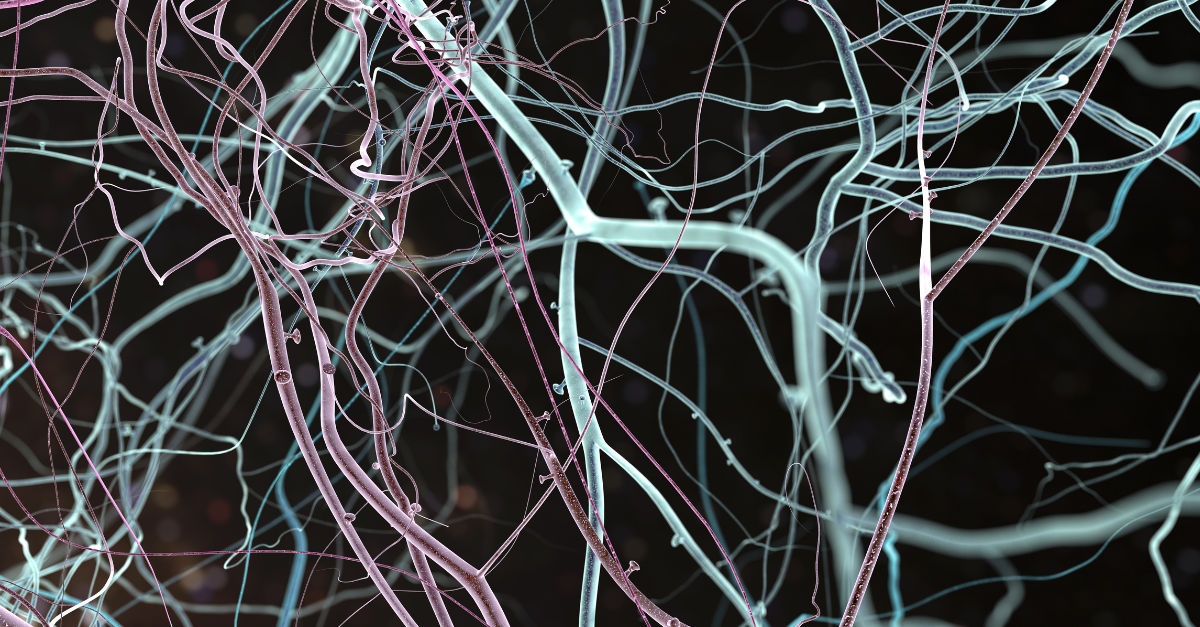Address
JW Marriott Panama
Corregimiento de, Cl. Punta Colón,
Panama City, Panama
Work Hours
Monday to Sunday: 10 AM - 6 PM
Address
JW Marriott Panama
Corregimiento de, Cl. Punta Colón,
Panama City, Panama
Work Hours
Monday to Sunday: 10 AM - 6 PM

Neurodegenerative conditions—like Parkinson’s, ALS, or Alzheimer’s—progressively rob individuals of mobility, cognition, or both. Traditional treatments may slow symptoms but rarely encourage actual neuronal repair. At PCT Panama, a different viewpoint emerges: harnessing stem cells panama to potentially boost neuroregeneration or stabilize declining brain and spinal pathways. This approach resonates with patients hungering for more than limited palliative steps. By injecting or infusing panama mesenchymal stem cells that secrete growth and immunomodulatory factors, the clinic attempts to protect neurons, support new synapses, and rein in runaway inflammation. Though no single therapy guarantees miracles, early data suggests meaningful improvements in function or quality of life.
The path begins with thorough neurological exams, imaging, and discussions around each person’s symptom timeline. This detail helps PCT Panama gauge whether stem cells in panama can feasibly stabilize nerve damage or even foster partial recovery. For example, an individual with Parkinson’s might target better motor control if dopaminergic neurons remain partly intact. Conversely, advanced ALS may experience slower deterioration or improved muscle twitches. No matter the condition, the clinic sets honest expectations, clarifying that regenerative medicine complements but doesn’t fully replace standard neurology. Patients, however, often see incremental gains that standard therapies alone didn’t yield, fuelling hope for a more active, engaged life.
Regenerative protocols revolve around delivering specialized cells to areas of neural damage. These stem cells can modulate the immune system—diminishing detrimental inflammation that can exacerbate degenerative processes. Additionally, they may release trophic factors nurturing existing neurons or encouraging neural stem cells to differentiate. Some approaches involve intravenous infusions, allowing cells to traverse the bloodstream and seek out inflamed or damaged tissues. Others target the spinal canal directly. In either scenario, PCT Panama’s objective is to slow or alter disease progression, buying precious time for patients to remain functional. Such potential stands in stark contrast to the grim inevitability many once faced.
Cost emerges as a valid question, given the complexity of stem cells treatments for neurological disorders. Yet many find the stem cell therapy cost in panama remains more accessible than in high-overhead countries. Particularly if improvements reduce the frequency of hospital admissions or the need for advanced home care, the net investment pays dividends. The clinic’s clarity on panama stem cell therapy price ensures families can make informed decisions, weighing out-of-pocket expenses against the potential for better daily function. PCT Panama also underscores that intangible benefits—like slowed disease progress or enhanced independence—carry immeasurable emotional and financial weight.
To augment neuronal gains, physical or occupational therapy is integrated. If a patient with multiple sclerosis sees reduced inflammation, functional training helps them capitalize on newly stabilized nerve pathways. The synergy is evident: as stem cells panama quell degenerative processes, rehabilitation fosters neuroplasticity. Patients might regain strength, coordination, or dexterity previously lost to spasticity or demyelination. Similarly, speech therapy for Parkinson’s or Alzheimer’s can intensify improvements if cognitive or motor function receives a regenerative boost. This holistic picture ensures that each neurological gain is locked in by consistent, directed training of the mind and body.
Monitoring progress is equally vital. Neurodegenerative conditions fluctuate, so PCT Panama schedules check-ins to measure everything from gait stability to tremor severity. If plateaus surface, additional or booster sessions may be considered. This iterative approach stands apart from static regimens where therapy ends abruptly. Patients sense that each stage is part of a continuum, one that can adapt to evolving neural realities. Enhanced communication fosters a team dynamic; family members can relay small changes, ensuring adjustments happen swiftly. Over time, many observe a steadier pace of daily activity, reduced muscle rigidity, or improved focus—moments that reaffirm the potential of regenerative therapy.
Emotional support also infiltrates each step. Chronic neurological decline can fuel anxiety or depression, and PCT Panama advocates mental resilience alongside physical healing. Whether facilitating support groups or suggesting counseling, the clinic acknowledges that the psychosocial dimension shapes health outcomes. Patients who witness any positive shift in speech articulation or reduced tremors experience morale boosts that spark further dedication to therapy. Families also gain relief, watching loved ones maintain or recover skills that seemed lost. This comprehensive support underscores the idea that regenerative approaches don’t function in isolation; they thrive when anchored in a nurturing environment.
In conclusion, PCT Panama’s approach to neurodegenerative conditions exemplifies the forward momentum in modern medical practice. By carefully melding stem cells panama city solutions with therapy programs and mental reinforcement, the clinic dares to challenge once-inexorable disease trajectories. While acknowledging the limits of regenerative science, each incremental gain—fewer tremors, improved balance, or extended cognitive clarity—represents profound victories for patients and families. The affordable stem cell therapy environment in Panama further democratizes access, bridging hope for those who thought advanced options were out of reach. In this evolving narrative of brain and spine care, PCT Panama stands as a beacon of science-fueled optimism.